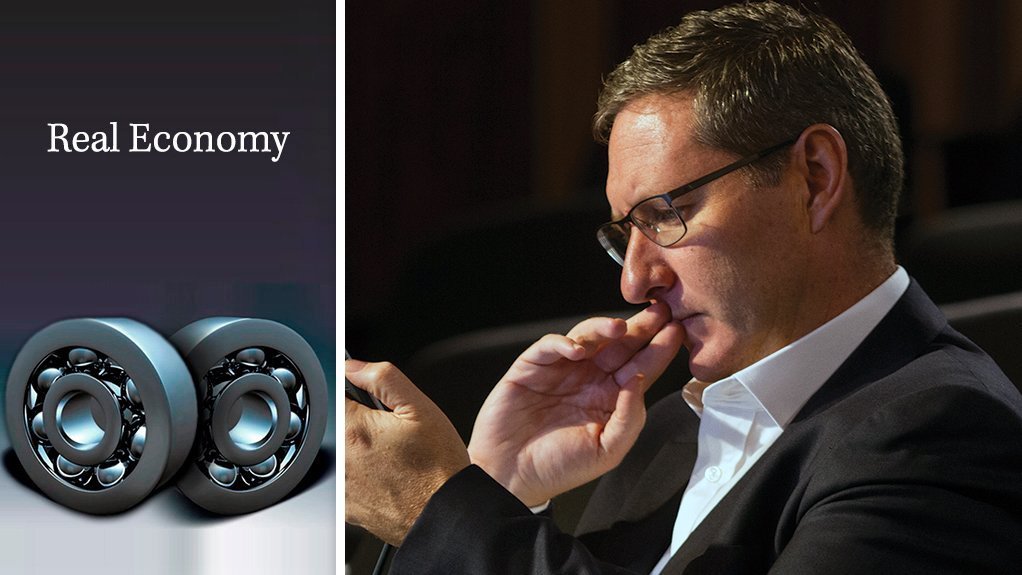The ‘13 Minutes to the Moon’ podcast series being broadcast by the BBC World Service to mark the fiftieth anniversary of the Apollo 11 moon landing holds several inspirational lessons for South Africa as the country seeks to recover from the devastating effects of the State-capture era.
The first lesson is that leadership matters.
Without President John F Kennedy’s ‘We choose to go to the Moon’ speech, delivered in Houston, Texas, on September 12, 1962, it is unlikely that the moon landing would have taken place seven years later. Kennedy not only provided the vision and inspiration needed to spur America’s scientists and engineers onwards, but he also set that famous “before this decade is out” deadline for achieving the audacious goal of “landing a man on the moon and returning him safely to the earth”.
The second lesson is that ‘down is not out’, even when the odds are against you and your competition is well out in front.
True, a Cold War-inspired space race is not the sort of competition humanity should be striving for in 2019 – ditto for a Fourth Industrial Revolution-inspired trade war. Nevertheless, there is little question that the strides made by the Union of Soviet Socialist Republics in, firstly, successfully launching the Sputnik 1 satellite in October 1957 and then having cosmonaut Yuri Gagarin complete an orbit of the earth on April 12, 1961, were critical factors in galvanising the US to make every effort to catch up.
However, the third and most valuable lesson from the podcasts, expertly presented by scientist and broadcaster Kevin Fong, is the importance of tapping into the energy and ingenuity of a country’s youth. The average age of the flight controllers in mission control was only 26. “Fearless and prepared to give themselves entirely to the task, they were exactly what the space programme needed,” Fong explains.
There is no question that President Cyril Ramaphosa is acutely aware that South Africa is currently failing its youth. At over 55%, the current youth unemployment rate is a ticking time bomb.
The toxic combination of policy uncertainty and corruption has undermined investor confidence in recent years. As a result, there has been a massive slowing of the South African economy, making it all but impossible to absorb all the young people entering the job market yearly.
There are also deep structural problems that tend to penalise young South Africans. While some of these relate to the configuration of the labour market, the most problematic is, undoubtedly, an educational system that remains insensitive and unresponsive to the changing needs of the contemporary workplace.
If there were but one ‘mega mission’ for South Africa’s new administration, it has to be tackling the country’s youth unemployment crisis. To do so would require leadership, vision and a sense of purpose that at least matches, or even surpasses that of the Apollo 11 mission.
EMAIL THIS ARTICLE SAVE THIS ARTICLE ARTICLE ENQUIRY
To subscribe email subscriptions@creamermedia.co.za or click here
To advertise email advertising@creamermedia.co.za or click here











